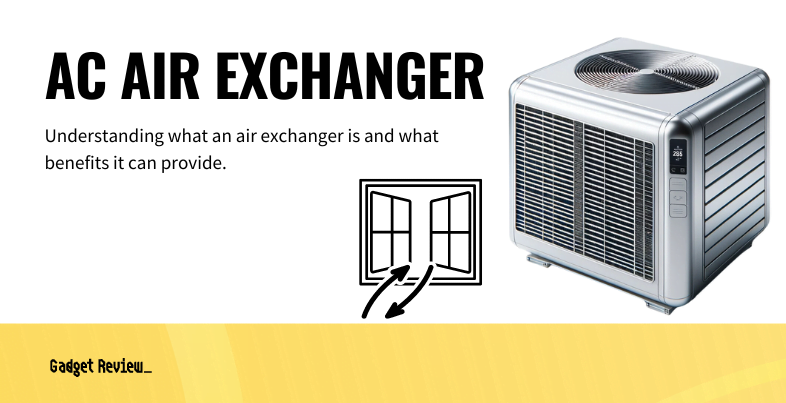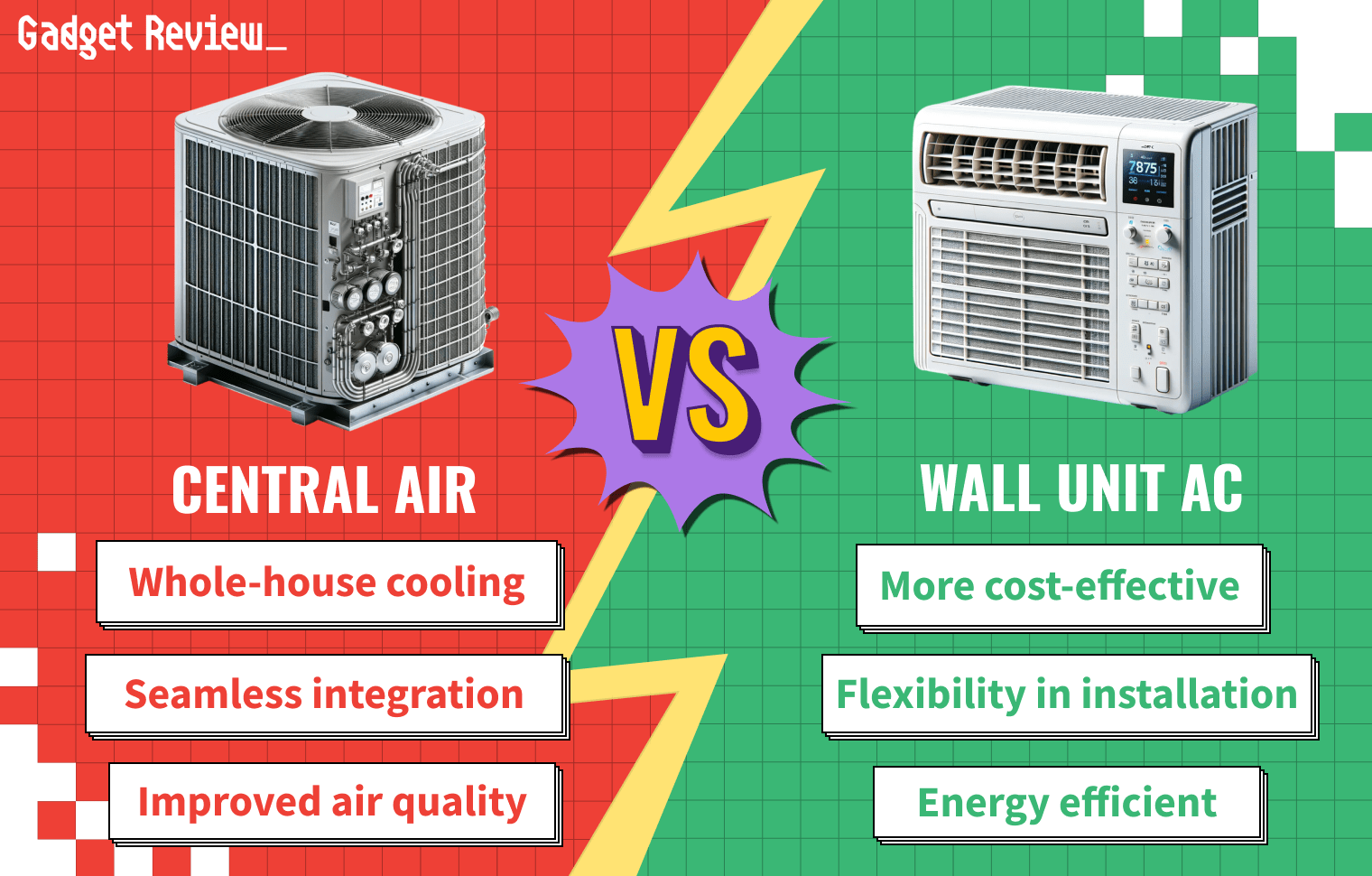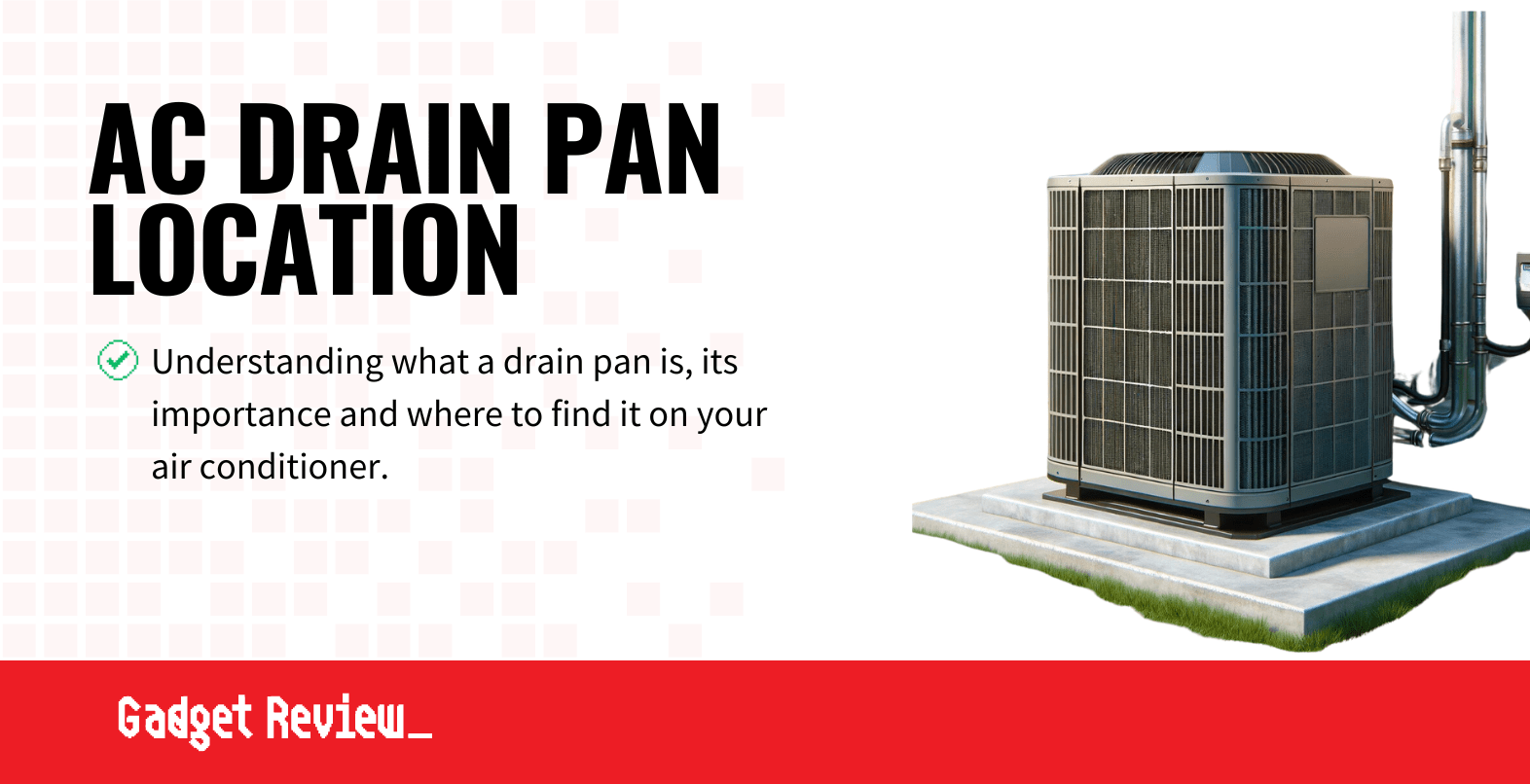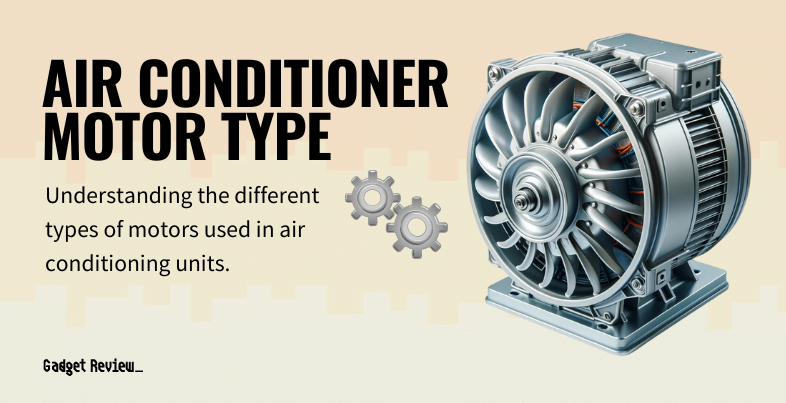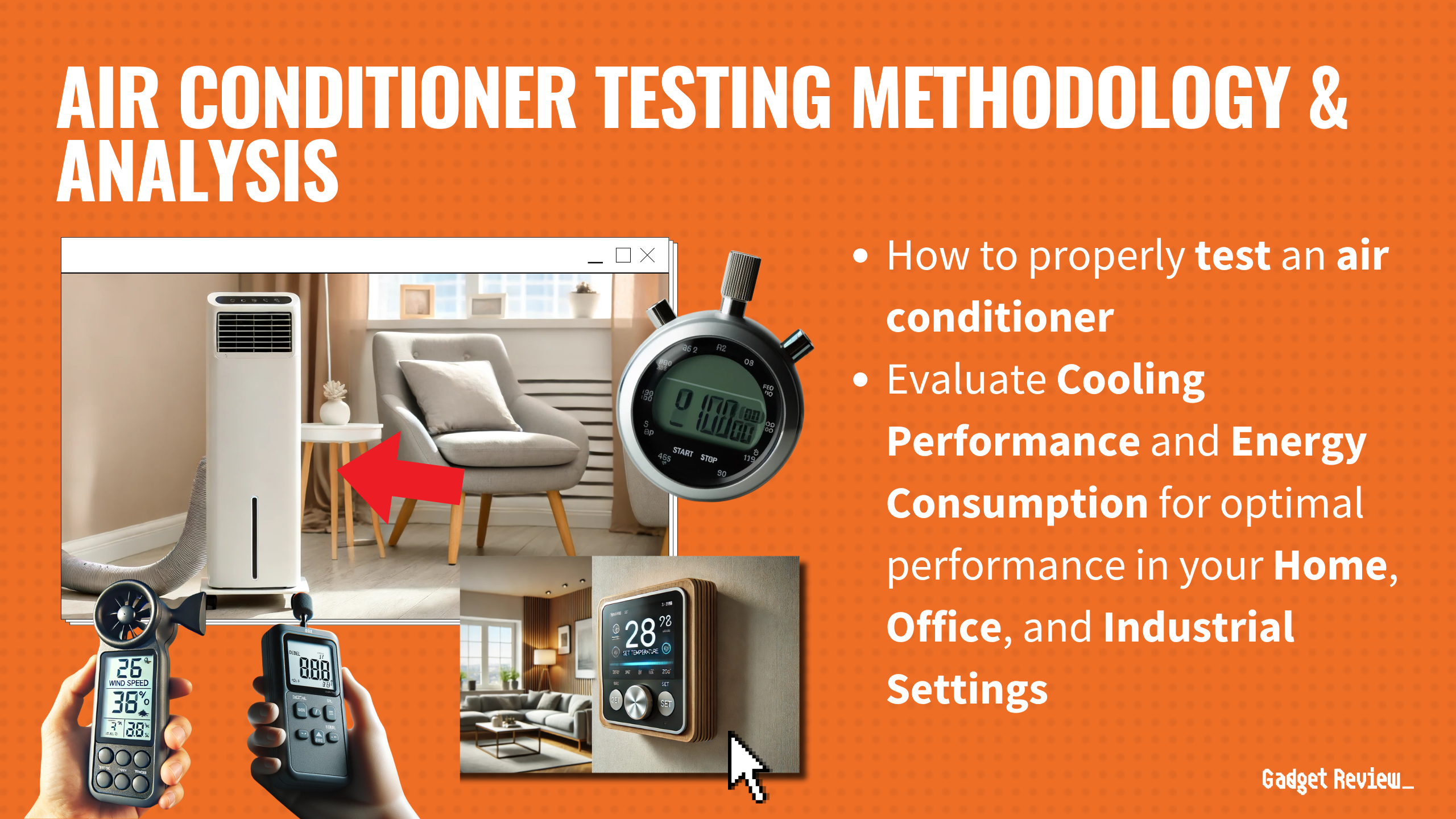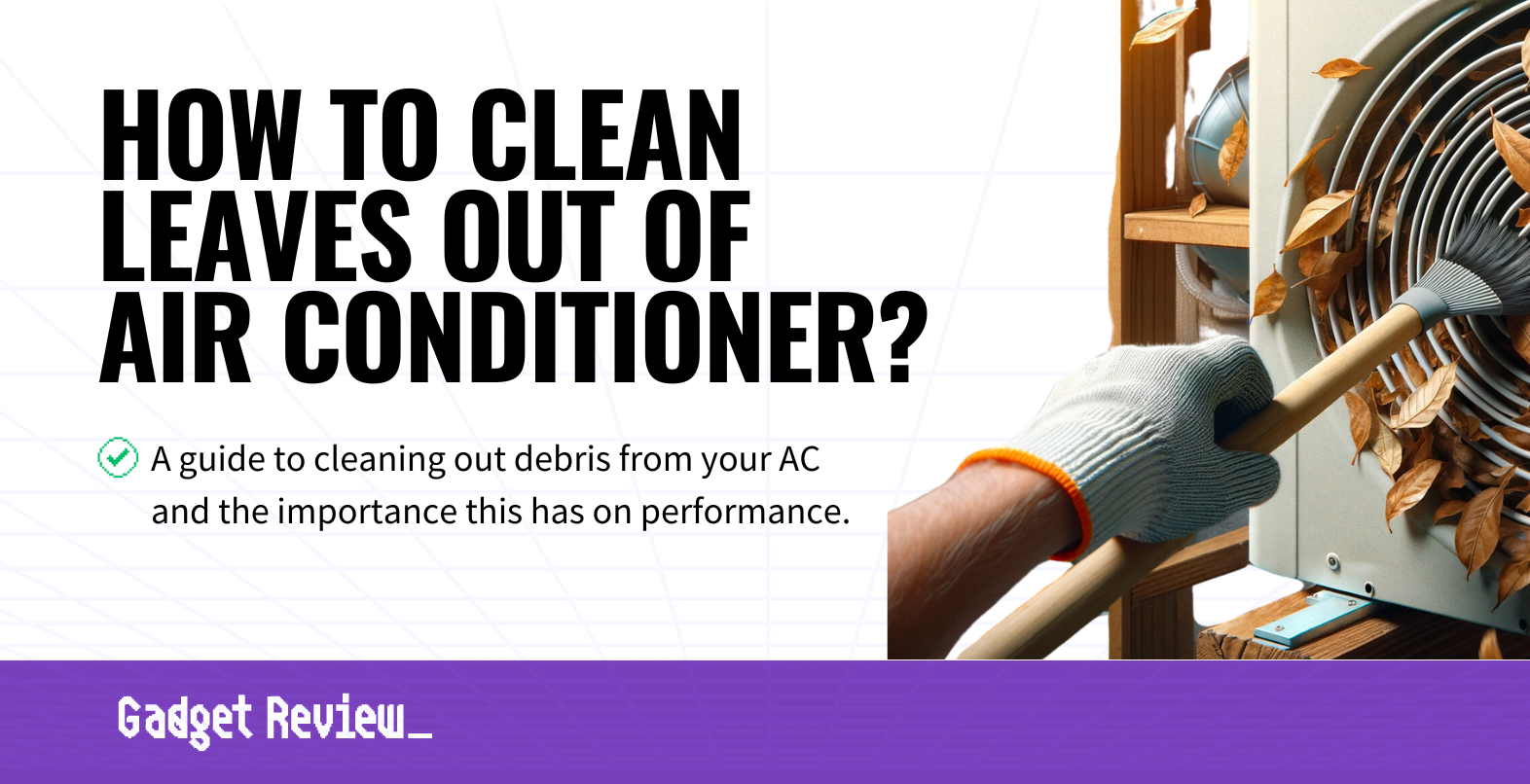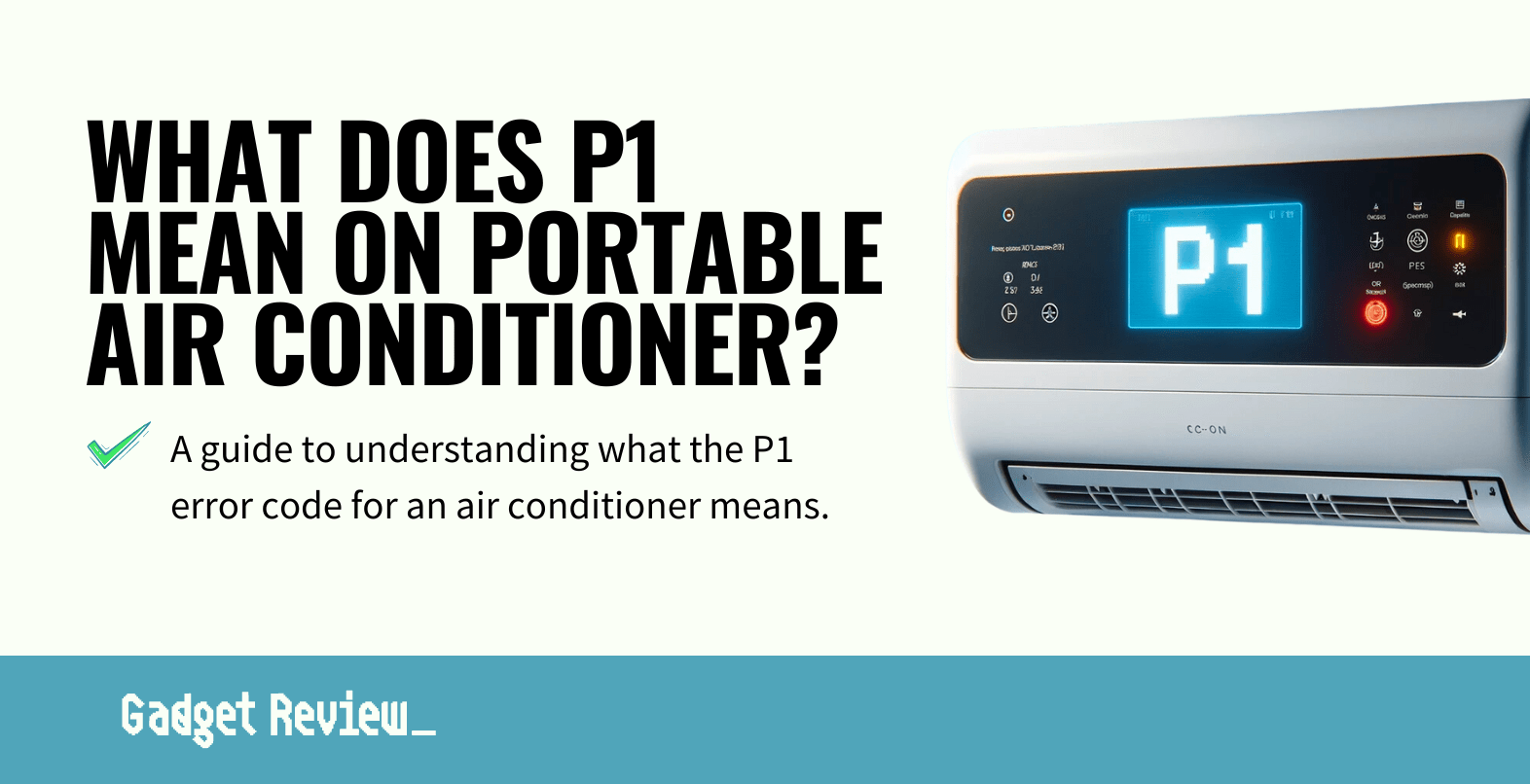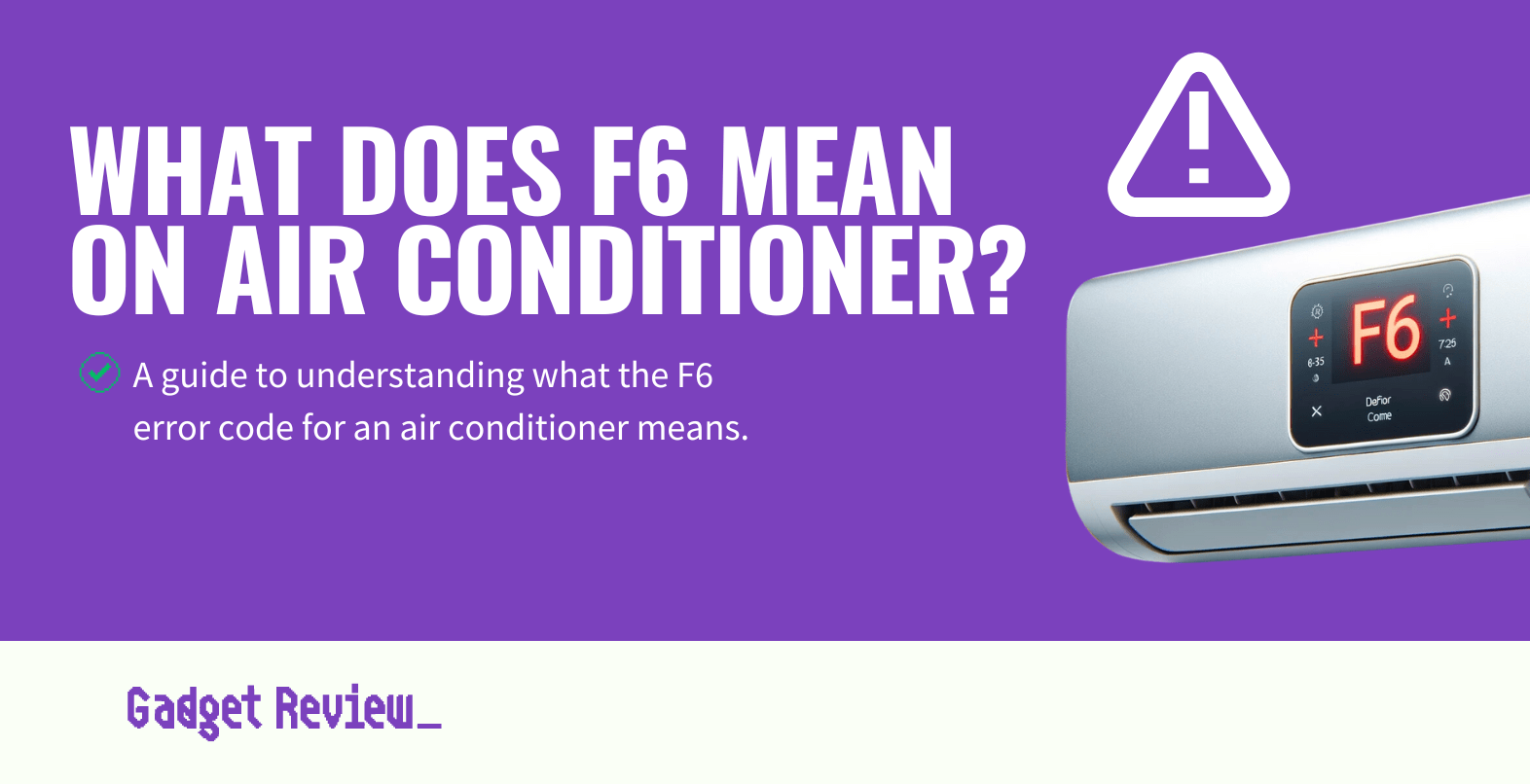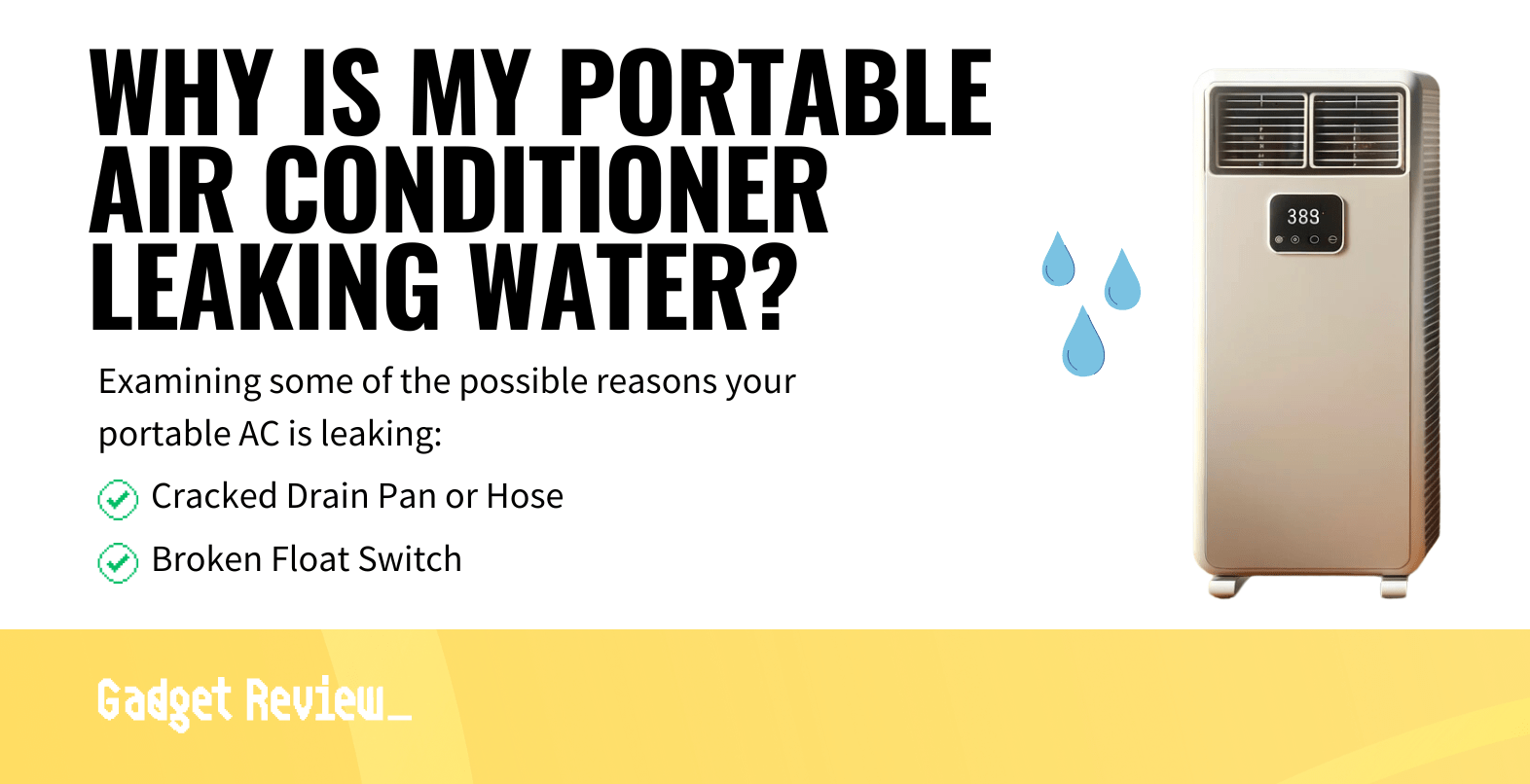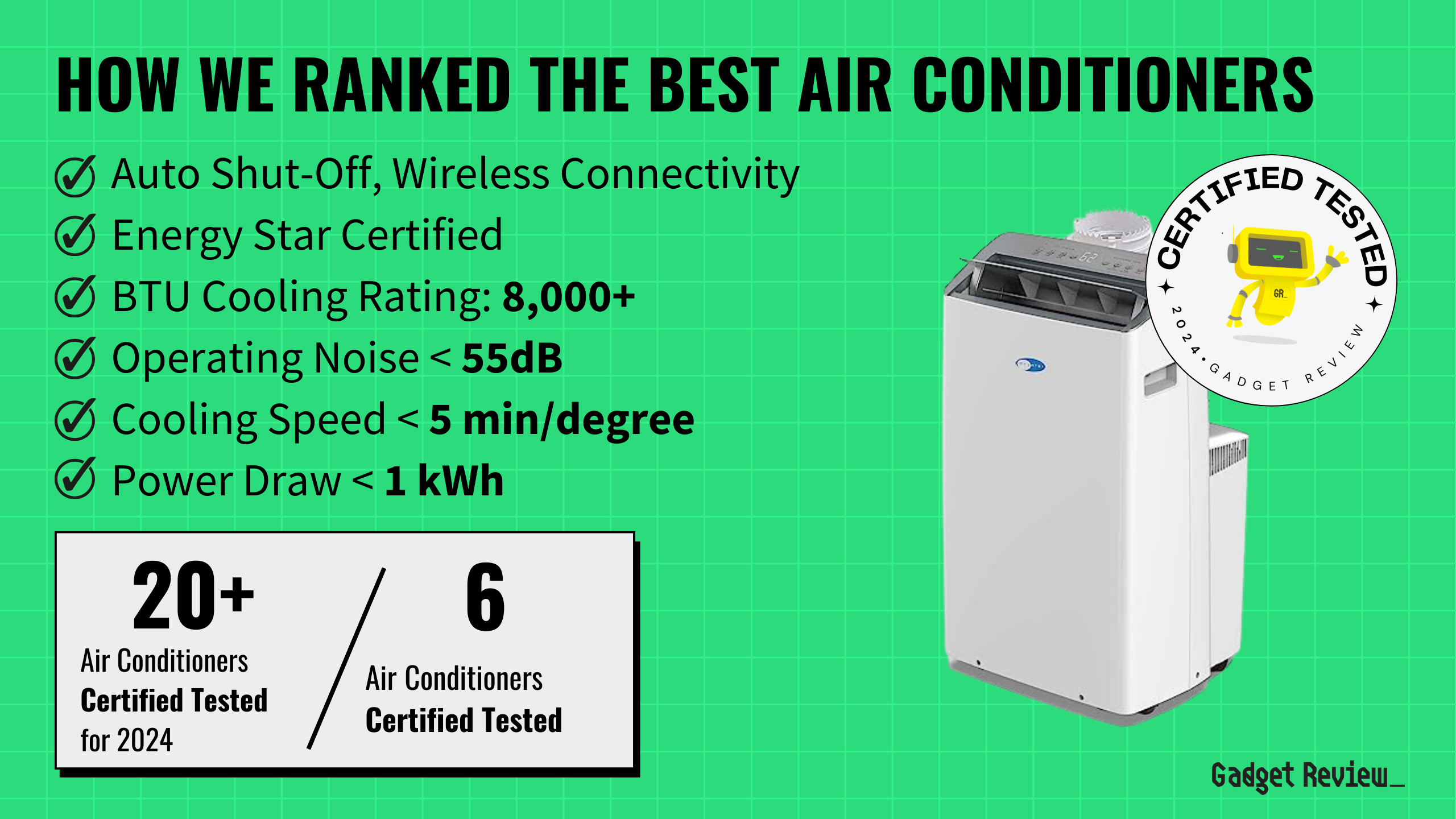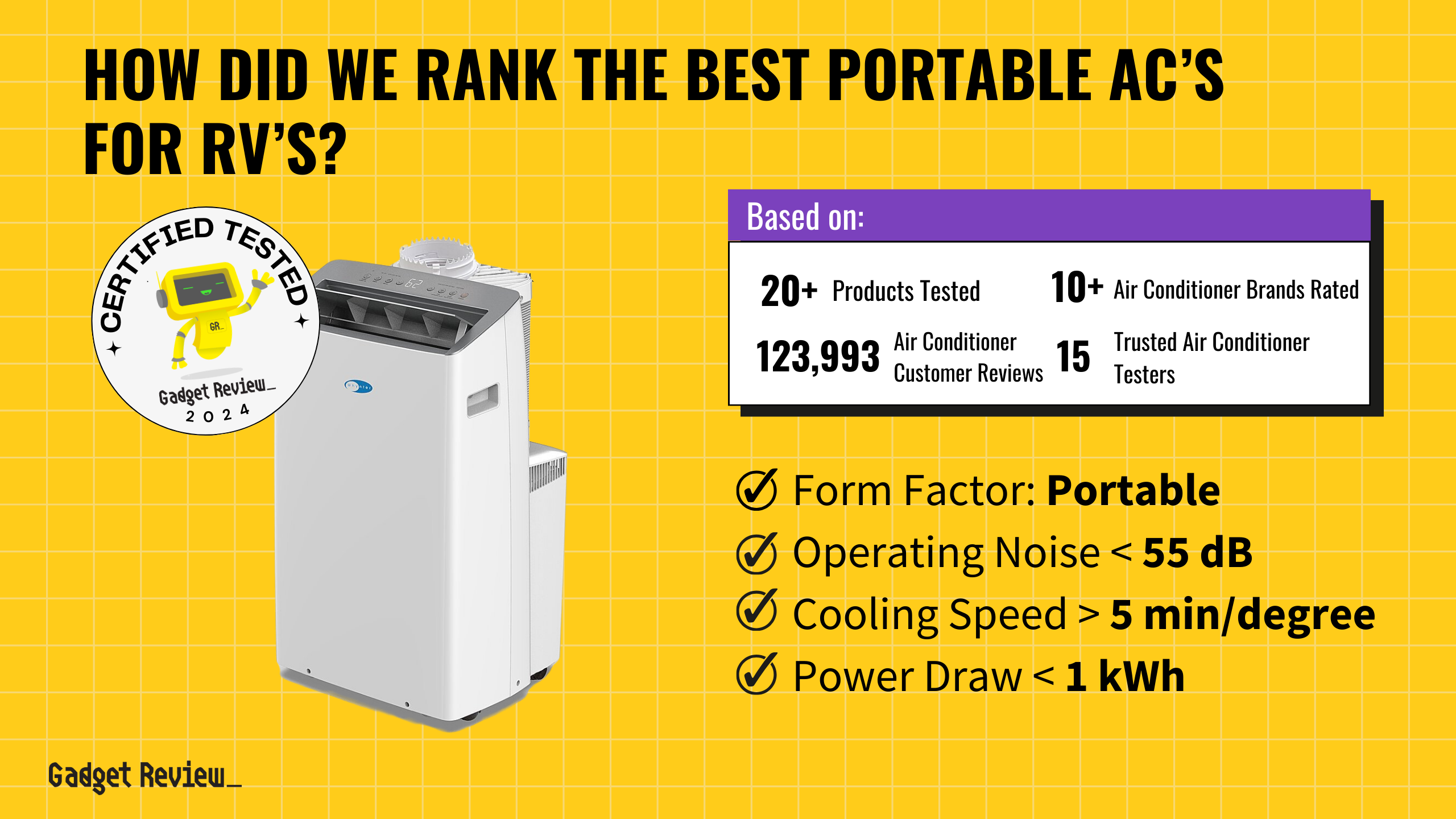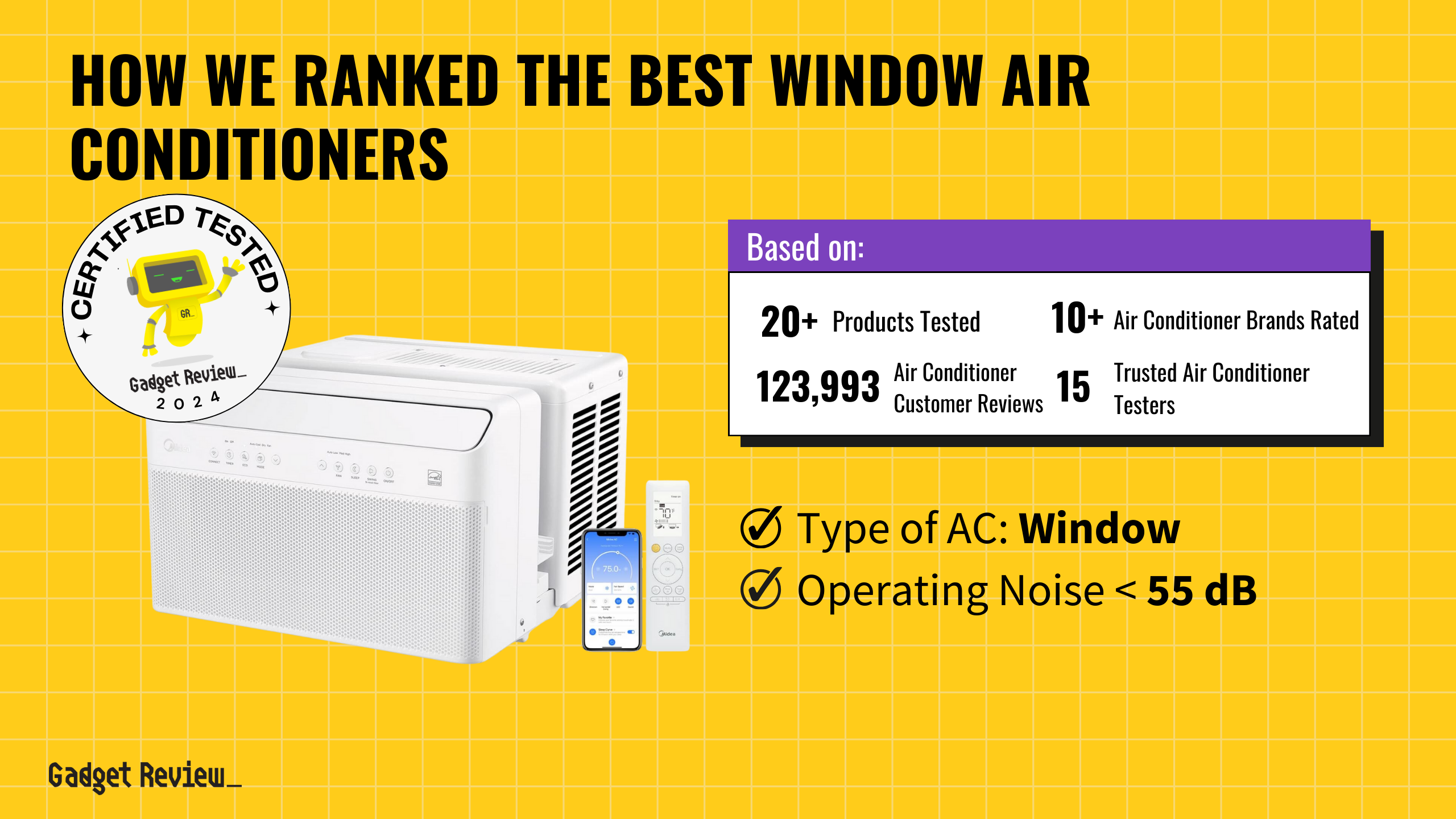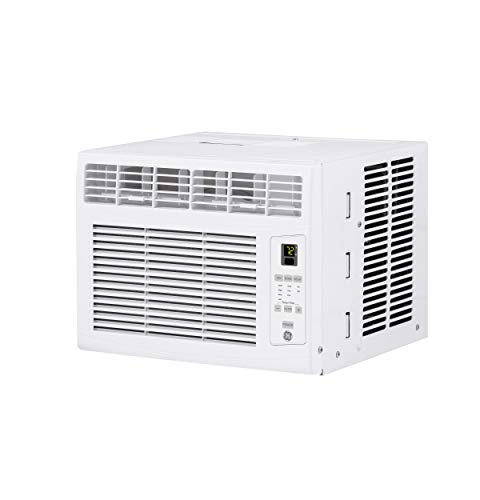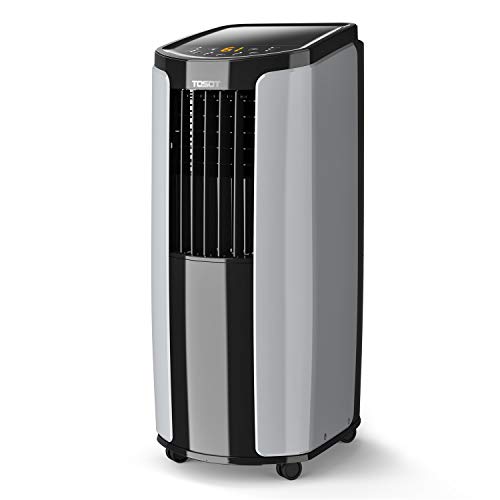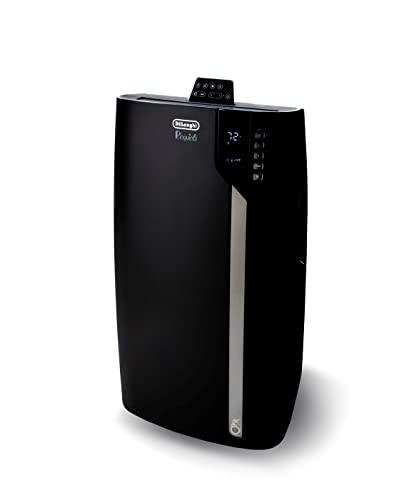In the quest for a healthier living environment, the significance of maintaining optimal indoor air quality cannot be overstressed. With modern homes becoming more energy efficient, the challenge of ensuring fresh air circulation while minimizing energy costs has become paramount. Enter the AC air exchanger, a pivotal appliance that can work in tandem with the best air conditioner to exchange stale indoor air with fresh outdoor air while transferring heat and humidity. We will examine AC air exchangers, unraveling their operation, benefits, types, and maintenance, aiming to equip homeowners with the knowledge to create a healthier, more energy-efficient living space.
Key Takeaways_
- Air exchangers are a vital component of many modern AC units, as they blow in air from the outside.
- Using an exchanger to slightly cool your home or deliver a breeze helps cut down on energy costs with air conditioning.
- Exchangers also improve indoor air quality by reducing excess humidity and mold, in addition to eliminating odorous gasses and pollutants from the home.
What is an Air Exchanger?
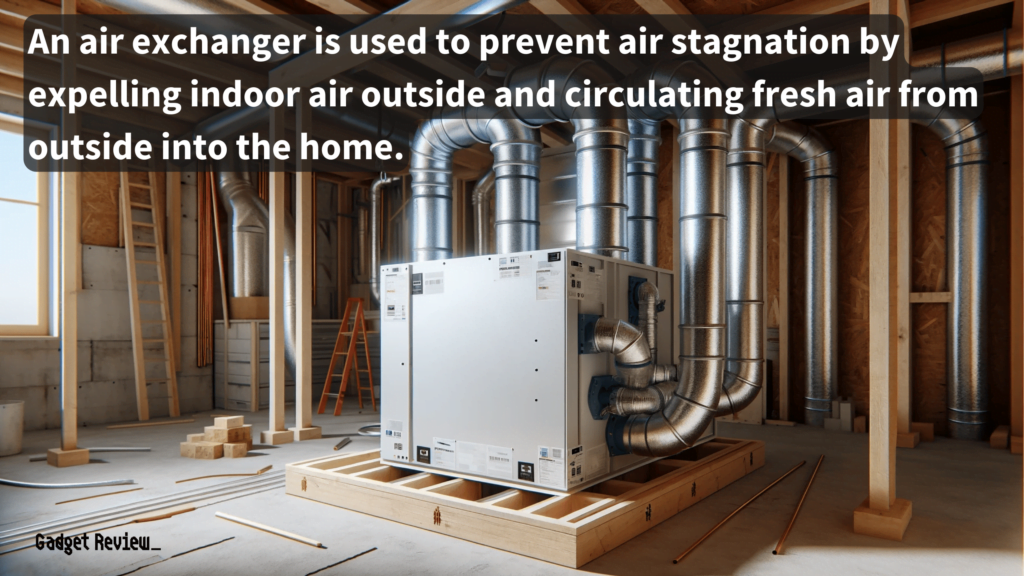
An AC air exchanger is more than just another household appliance; it’s a guardian of your home’s air quality.
Designed to combat the stagnation of indoor air, these exchangers meticulously remove pollutants, excess moisture, and stale air from your home, replacing it with fresh, outdoor air.
Over time, this process significantly reduces the concentration of airborne allergies, providing relief to individuals sensitive to such irritants.
This fresh air supply is crucial, especially during daily activities that can contribute to indoor air quality problems, such as cooking or cleaning.
This continuous air exchange is crucial in preventing mold growth, reducing allergens like pet dander and tobacco smoke, and maintaining a balanced level of humidity within your walls. Mold spores, in particular, are effectively managed through this process, reducing the risk of mold-related health issues.
By doing so, air exchangers not only safeguard your health but also protect the structural integrity of your building from the detrimental effects of condensation and mold.
Air purifiers can complement air exchangers by targeting specific airborne particles and common pollutants, enhancing the overall air quality in your home.
How Does an Air Exchanger Work?

The principle behind air exchangers is simple yet effective. These devices operate on a dual intake and exhaust system, where one set of ducts draws fresh air into the home, and another expels the indoor air laden with moisture, pollutants, and excess humidity.
The fresh air intake works alongside an air intake to ensure a consistent supply of clean air.
During colder months, heat exchangers within the system recover expensive heat from the outgoing air and transfer it to the incoming cold air, ensuring that indoor temperature remains consistent without hiking up heating costs.
STAT: The rate at which outdoor air replaces indoor air is described as the air exchange rate. (source)
This exchange maintains a proper humidity level and ensures that indoor air quality remains high without the excessive energy costs associated with traditional air conditioning systems, including central air conditioning systems.
The Benefits of Installing an AC Air Exchanger
Installing an AC air exchanger in your home brings a multitude of benefits.
- Firstly, it significantly improves indoor air quality by removing airborne pollutants and reducing the chances of mold and allergies, offering relief to those with allergy sensitivities.
- This is especially crucial during the heating season when homes are sealed tight against cold outdoor temperatures.
- During the cold winter months, the buildup of moisture and pollutants like cigarette smoke and animal dander can exacerbate air quality issues, but an air exchange unit can help manage these concerns.
- Secondly, air exchangers contribute to energy efficiency by recovering heat from exhausted air, lowering energy costs.
- They also help control humidity levels, preventing condensation on windows and walls, thus protecting the building’s structure and enhancing the life expectancy of your home’s constructions.
In essence, an air exchanger ensures a healthier environment inside your home, making it a wise investment for both your health and your wallet.
Types of Air Exchangers
When exploring air exchangers, you’ll encounter two primary types: Energy Recovery Ventilators (ERV) and Heat Recovery Ventilators (HRV).
- ERVs are ideal for humid climates as they can exchange moisture along with heat, maintaining a comfortable indoor humidity level.
- HRVs, on the other hand, focus solely on heat exchange, making them suitable for colder, drier climates.
Both types ensure that your home maintains a consistent temperature and humidity level, enhancing comfort and preventing issues like mold growth and excess humidity.
Choosing the Right Air Exchanger for Your Home
Selecting the right air exchanger model requires consideration of several factors, including your home’s size, the local climate, and your existing HVAC system.
For homes with a central air conditioner, it’s important to choose an air exchanger that complements the existing system for optimal efficiency.
For airtight homes in cold climates, an HRV might be the best choice, while homes in more humid areas might benefit from an ERV.
It’s also important to consider the ventilation rates and whether you prefer a ductless or central ventilation system. Consulting with a professional can help determine the most energy-efficient and cost-effective solution for your specific needs.
Installation and Integration with Existing HVAC Systems
The installation of an AC air exchanger should be thoughtfully planned to ensure seamless integration with your home’s existing HVAC system.
Whether you opt for a standalone unit or a complete ventilation system, proper installations are crucial for maximizing efficiency.
For homes with central air conditioning or heating systems, integrating the air exchanger can enhance the overall performance, ensuring a balanced air exchange rate and consistent indoor air quality throughout the year.
Maintenance and Upkeep
Much like the different types of AC motors and components, maintaining your AC air exchanger is essential for its longevity and efficiency.
Regular checks should include cleaning or replacing filters to ensure unrestricted airflow and prevent pollutants from circulating back into your home.
insider tip
Some air exchangers include air filters that must be cleaned or replaced regularly to maintain efficacy.
Monitoring the air exchanger settings, especially during changes in outdoor temperatures, helps maintain the desired indoor climate.
Professional inspections can also identify any issues with air exchange ducts or the heat recovery core, ensuring your system operates at peak efficiency.
An AC air exchanger stands as a cornerstone in the pursuit of a healthier, more energy-efficient home. By understanding its operation, benefits, and maintenance, homeowners can make informed decisions that enhance their living environment.
With the right air exchanger model and proper upkeep, you can enjoy a home that not only feels comfortable year-round but also supports your well-being and saves on energy costs.
Embracing this technology means investing in the quality of your daily life and the longevity of your home.


